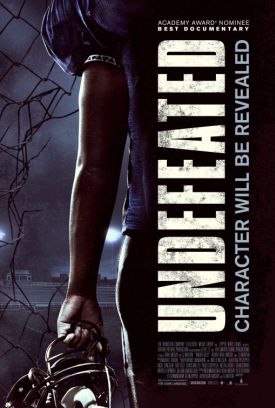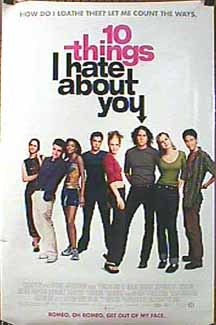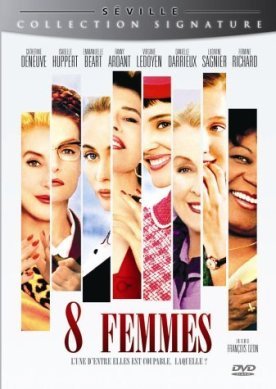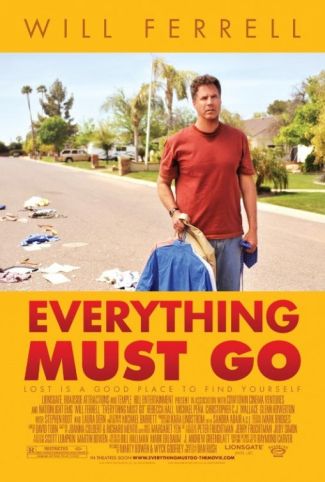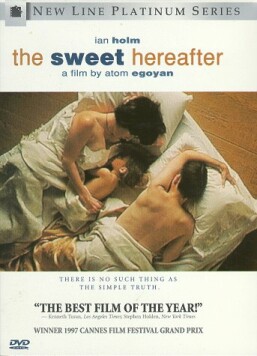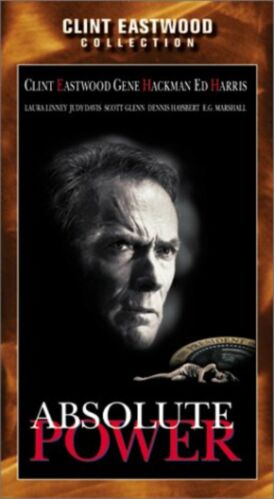Undefeated
One of the most interesting things to me about Daniel Lindsay and T.J. Martin’s Undefeated, the Oscar-winning documentary about Bill Courtney, a white football coach of a team of poor, inner-city black players from North Memphis, is that it never mentions the irony of the name of Manassas High School, where it is set. The school was founded, as we are told, in 1899 and was therefore presumably named for what local veterans of the armies of the defunct Confederacy regarded as victories for their side in two battles of the Civil War — known to the Union side and to most historians as First and Second Bull Run — at Manassas, Virginia, outside Washington, D.C. This commemoration of the slave-states’ triumph lives on in spite of the school’s now being an urban sink for the poor and largely socially dysfunctional descendants of the slaves. But then if Mr Courtney, who is the film’s star and main character, had shown any awareness of this irony he would presumably never have come to coach at Manassas High in the first place.
Lucky for us that he did. Lucky, too, for the kids of the Manassas High Tigers, whom he turned from a perpetual doormat into a winning team by instilling into them some of the manly virtues prized by and (in the view of many) discredited by the honor-obsessed Southerners of old. The film-makers have given us much to admire in their portrait of this coach and three of his players, but they themselves deserve some credit, too, for bravely insisting on the relevance of bravery — togther with discipline, resolution and the will to win — in the lives of kids whom the dominant culture usually prefers to see as helpless victims of their morally as well as materially impoverished environment. He himself sets the example of sacrifice by taking time away from his family and business for the often frustrating and thankless task of coaching in the unpromising Manassas High environment, and in the end he feels he has to give the latter up for the sake of the former. But he also has reason to hope that the inspiration of that example will live on.
Uplift in a documentary is different from uplift in a work of fiction. A fictional movie about high school football that had the same stuff about character and manhood that Undefeated has would have an entirely different context, and one which, because we have seen that kind of thing too often before, would have looked corny at best and fake at worst. In the movies nowadays we’re always watching ourselves watching, and when we see the things that we’ve seen in the past we subject them to very strict authenticity-test. But documentaries traditionally aspire to a different kind of authenticity. They’re for puncturing, not creating illusions — and just such illusions as courage, discipline and the rest, where they are illusions. Where they are real, documentaries would normally have no interest in them. It was the insight of Messrs Lindsay and Martin that putting appeals to character in this unfamiliar context could pack a considerable emotional wallop — at least when combined with an understated racial and social setting in which such things are also unfamiliar.
One problem with the film is its very tight focus on the three of Coach Courtney’s players who were most successful, winning as a result of their gridiron grit places in higher education that conventionally equate to success in mature life. As a result, we don’t really see the team as a team — even though their success is largely a matter of these guys’ commitment to the team in the coach’s eyes as well as their own. O.C. Brown, Chavis Daniels and Montrail, “Money,” Brown are all as attractive characters as the Coach and are doubtless the best examples of his success at Manassas High, but I found it rather annoying that the rest of the team was reduced to peripheral status and non-speaking roles — not just because we may suspect that the bit players might have had another story to tell but also because, on the film’s and Coach Courtney’s own showing, everything in it, including the success of players’ Brown, Daniels and Brown, was dedicated to and a product of the team’s success.
It may be that Messrs Lindsay and Martin felt that bringing in very much in the way of team spirit on top of the individual virtues they are mostly focused on would have tipped their film off its even keel and too far in the direction of the sea of schmalz on which they have so far managed to sail without getting wet. It may be they are right. But sometimes a moralizer has to take the risk of such a ducking if he is to make his point. That point, as I take it, is that the social pathologies which make these kids the hard cases they are have something to do with somebody’s not “manning up” as they are being taught to do. Coach Bill is not a replacement for the father missing from all their lives, but his fatherly presence does appear to have a lot to do with their and their team’s success and gives a new meaning to the “Southern paternalism” that at least one critic finds lurking behind their social deprivation. You can see the racial and political sensitivities that the film-makers did not wish to disturb and understand why they avoided them, but that avoidance gives the movie a slightly incomplete look — as if the history associated with the school’s name and a lot more history besides has had to be put firmly out of our minds as the price of our warm feelings.
Discover more from James Bowman
Subscribe to get the latest posts to your email.

